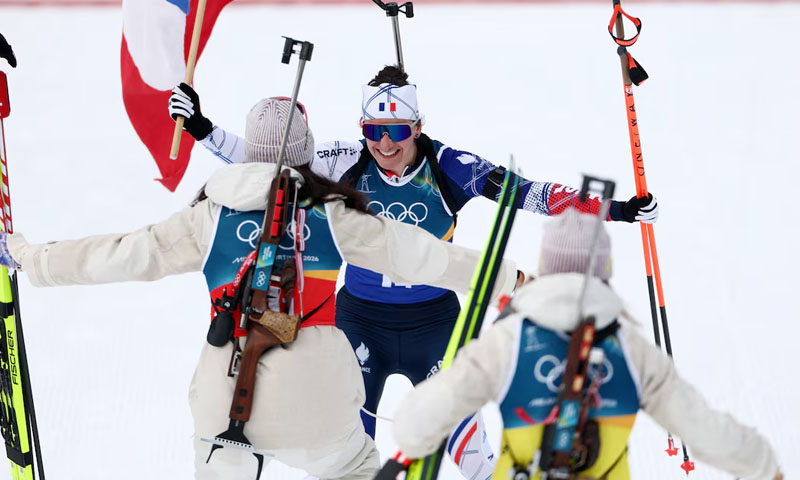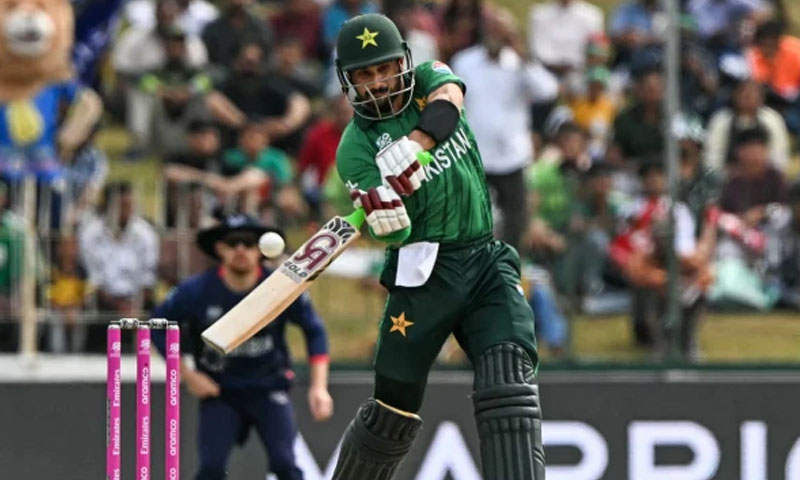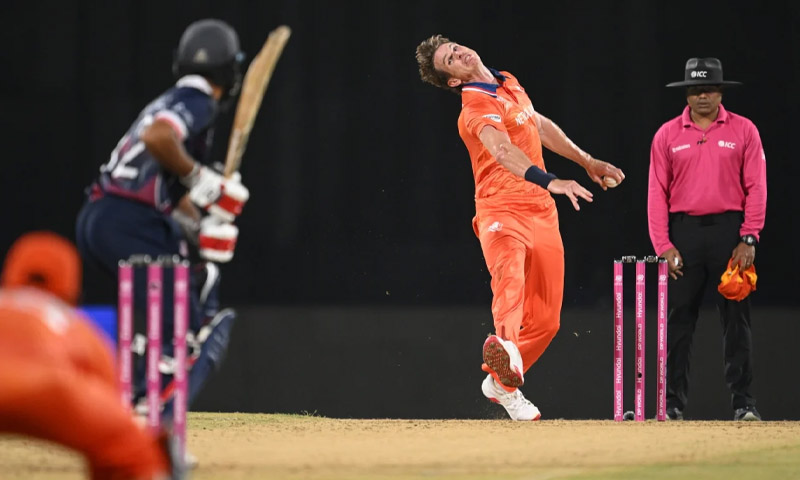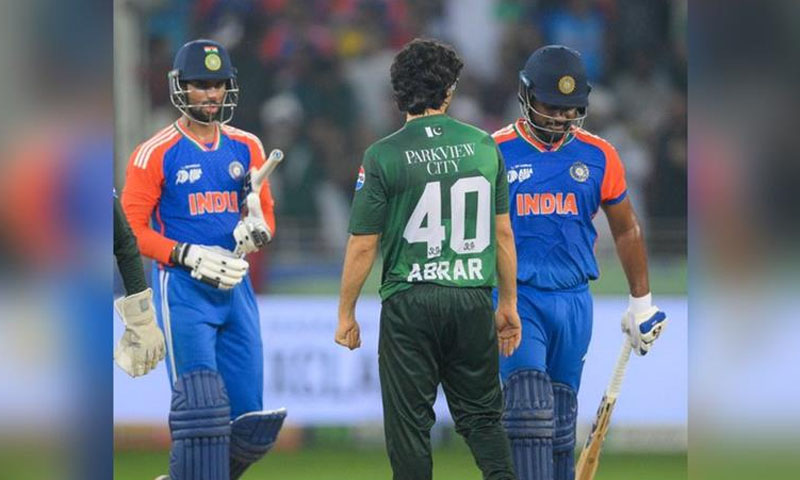- Web Desk
- Today
South American clubs still lack killer instinct, say FIFA experts
-

- Reuters
- Jun 29, 2025
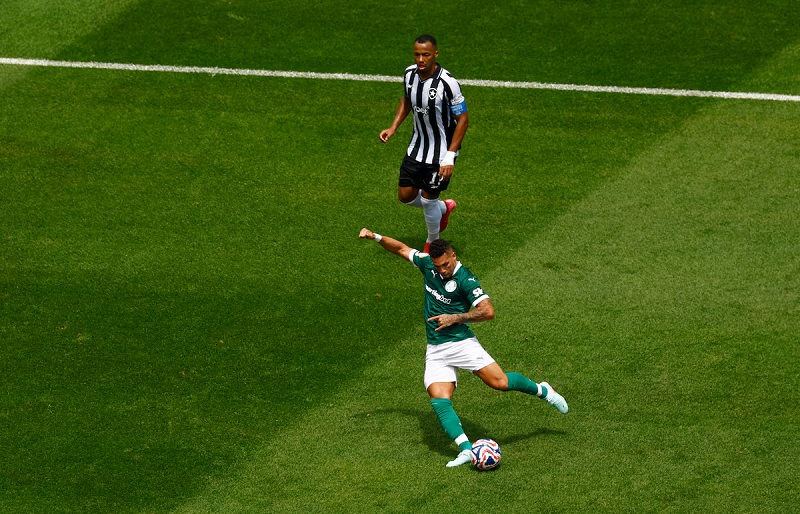
MIAMI: The gulf between South American and European teams may not be as wide as expected at the Club World Cup, but a clear gap still exists in their efficiency in front of goal, according to FIFA technical experts.
Arsene Wenger, FIFA’s Chief of Global Football Development, and Juergen Klinsmann, former Germany and US national team coach, were speaking at a round table on Saturday as the tournament enters its knockout phase.
Read more: Paulinho’s extra-time goal sends Palmeiras into Club World Cup quarters
“At the start of the competition, many opponents seemed to fear playing against the European teams,” Wenger said.
“But as things progressed – especially the Brazilians – they began to realise it might not be so different after all.”
Flamengo and Botafogo beat European teams during the group phase of the 32-team competition, with the latter’s 1-0 victory over European champions Paris St Germain standing out.
Wenger said growing belief, especially among Brazilian sides, has shifted the dynamic heading into the last 16.
“Maybe it’s also because they’ve gained the confidence to do it. That shift in mindset could mean we’ll see a different Brazil in the knockout stage than we saw in the group phase,” he added.
The Frenchman highlighted the influence of Filipe Luis, whose Flamengo side showed what Wenger called the most European tactical profile among South American sides at the tournament.
“Filipe has … played in Europe, and you can see that in the way his team approaches the game,” Wenger said.
Wenger and Klinsmann said South American clubs were quickly closing the gap in infrastructure and preparation.
“When we visited the teams, we saw delegations of up to 100 people – support staff, analysts, advisors,” Wenger said. “With squads of 23 to 35 players, these clubs are now fully professional in every department. That level of preparation allows teams to learn quickly.”
The key difference, however, remains in execution.
“In the final third, European clubs are simply more clinical,” Wenger said.
Klinsmann agreed, saying the real divide lies in mentality.
“Experience is also a big part of quality,” he said. “When is a club like Pachuca or Monterrey (of Mexico) playing in a tournament like this?”
Drawing on his time as US national coach, Klinsmann stressed the importance of testing players outside their comfort zones.
“That’s why I always said, ‘Get us into Copa America. Get us into Europe’. That’s the kind of competition that develops a winning mentality,” he said.
“If this tournament were held again next year, Pachuca would be a different team – more confident, more refined.
“But they have to be more clinical. When you’re in the box, it’s your head that makes the decision, not just your feet. And that’s the difference.”
With the round of 16 underway on Saturday, analysts said the knockout stages would offer a clearer picture of how much ground South American teams have made up, tactically and psychologically.
Read more: British and Irish Lions thump Western Force 54-7 to open Australia tour
“We might see very different attitudes now,” Wenger said.
Flamengo face Bayern Munich on Sunday and Inter Milan meet Fluminense on Monday.

